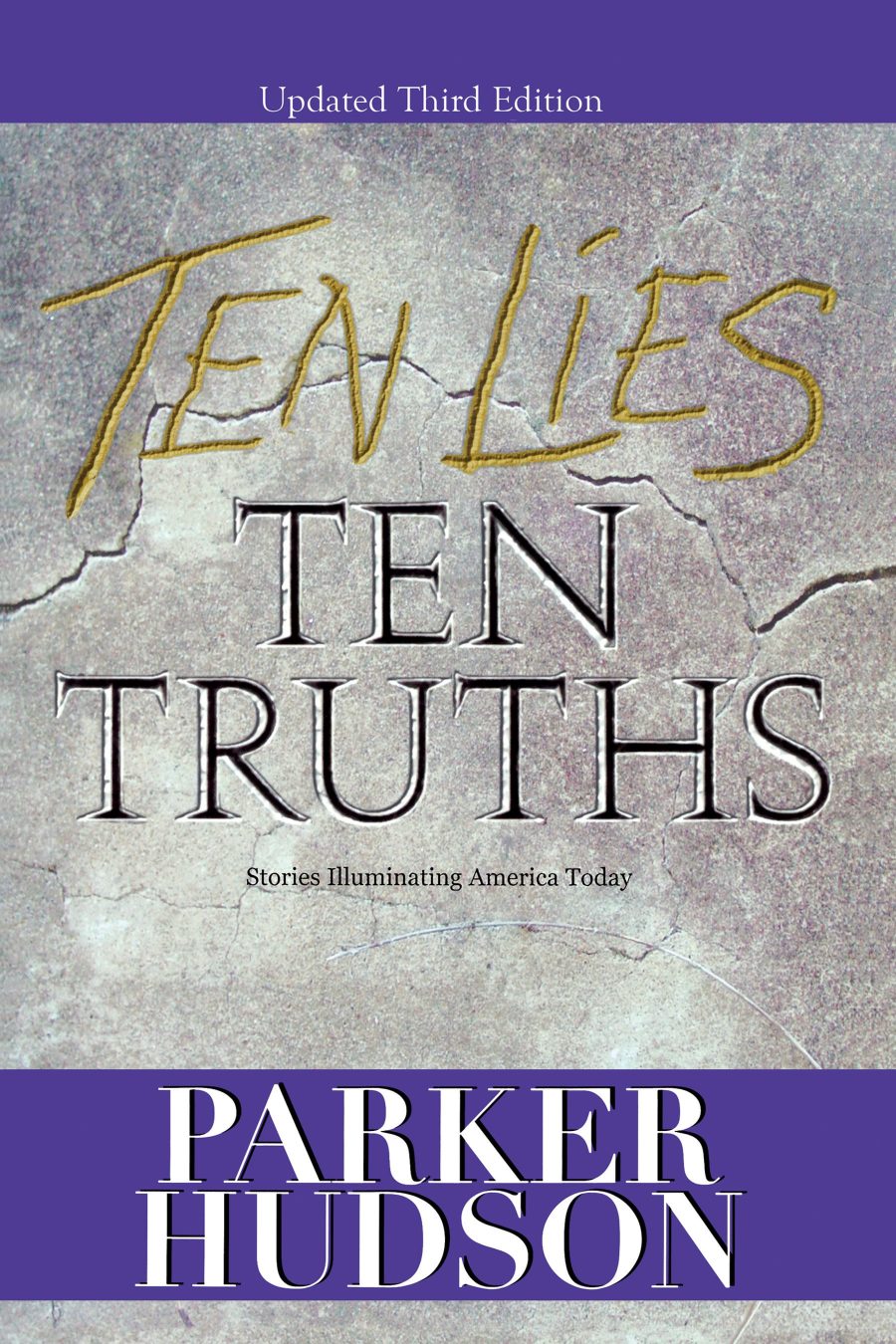This Saturday I spent the first part of the day on two unrelated but connected events.
In the morning I assisted my talented wife as she visited several Estate Sales on their second days, looking for
And then we attended the Memorial Celebration for a mother, grandmother and thirty-year-career elementary school teacher who I’m sure left behind many physical things, but judging from the large crowd in attendance, more importantly passed on long relationships, great stories, and genuine love for family, students, friends, and strangers.
These events cause me to reflect again about our coming deaths. It’s not something we can avoid, so we might as well think about it, and as practically as possible. I’m sure that many of you have dealt with similar issues with parents, loved ones and friends. What follows is meant to be a discussion, not a lecture. Please feel free to add useful Comments from your own experience.
Let me make clear that I am not a doctor, theologian, attorney or counselor. This post is not meant for those dealing with the very serious and emotional issue of a long-term terminal illness or the recent death of a loved one. If all goes well I will be seventy this summer, and I’m addressing this post to those of any age who are living with responsibilities. To use a March Madness metaphor, the game clock is running, as is the shot clock, but we can’t see them. One of them will go off; we know not when. But instead of ignoring these clocks, let’s actively prepare for either buzzer when it sounds.
Practical Actions.
1. Eternity. Let’s start with the most important: Where will you spend eternity? This question may usually be framed in theological or philosophical terms, but today I want to think about it in a very practical sense. You know that the most important part of you is more than just random molecules. Without reading anything or hearing anyone, you know it. You know that the odds are great that the most important part of you is eternal, and will spend forever somewhere. Forever is a very, very long time, and presumably you will want to spend it with those you love and with whoever it was who created that most important part of you. If it is possible to do so, how do you insure that outcome? Any other eternity will be terrible.
Others, but most notably in my life Tim Keller, have pointed out that no other wise teacher or prophet claimed to be God, nor allowed himself to be worshiped. But Jesus did. No other religious founder ever rose from the dead,
Do a very practical Cost-Benefit Analysis, and then open the Gospel of John. Today. What do you have to lose?
2. Give Things Away. Give them to your children, to those in need, to the trash. Just get them out of the house so that your heirs won’t have to spend months going through your personal treasures. You 
3. A Will and a Roadmap. I assume that most people reading this, particularly if you have children, also have a properly executed Will, formally setting out who gets what and, in particular, who gets the children if they are still young and need parenting. But beyond the Will, also create and give to your Executor/Grown Children/Spouse/Friend a Roadmap of where important documents are kept, and how you function. Where are your unpaid bills? Do you use checks, or pay online? Passwords? Insurance docs? The original copies of your Will? Financial records and tax returns? Are back-ups online or on a hard drive? All the nitty-gritty stuff that your Executor, when you die, or your spouse/friend, in time of serious illness, will need to continue to pay what you owe, and then to bring closure. If you keep valuable information in a safe deposit box, is your Executor already pre-authorized to enter it? And you should update this Roadmap annually on January 1st. It amazes me how quickly the details of our lives change and require new information.
4. Living Will and Advance Directive. Have you thought through, communicated to your loved ones, and written out in a Living Will what you want them to do if you are in a coma, on life support, etc.? They need your input now, when you can tell them.
5. The body. The soul will go on, as described above, but the body it leaves behind will have to be dealt with. Do your loved ones a favor and set up now a burial plot, cremation pre-pay, recommended undertaker, etc. They
6. Obituary. Write at least the outline for your loved ones. You know details about your life that they may puzzle over and get frustrated with.
7. Memorial Service. If you have strong ideas about how your life should be celebrated—prayers, hymns, etc.—write them down and discuss with your family.
8. Write Letters/Record Videos. Leave behind a letter and/or a video for each child, grandchild, sibling, close friend—as you see fit. I think it’s going to be amazing that future generations for the first time will be able to see and hear their ancestors. My great-grandfather fought in the Civil War, and his father was a
9. Tell and/or Write Stories. People of every age and civilization have always thrived on stories. Stories are easier to remember than facts and figures. So verbally, or in your letters/videos, tell your children and grandchildren important stories about your life and your values that they will remember and hopefully pass on to their children and grandchildren.
10. Assets. Focus on people and relationships, not things. Our friend who recently passed to her new eternal body left behind wisdom and treasurers in the hearts of innumerable family members, friends and students. If you focus on things, then it’s likely that people you don’t know will be paying fifteen cents on the dollar for your stuff at an Estate Sale, and they will have no idea who you were or what you stood for. Call a family member or friend today. Reconcile an old hurt. Spend time with them. Time is what eternity is made of. Invest it wisely.


Good advice. I would also add, learn from those that have gone before. It went well with me and I have already turned 70 this year. I think a lot about my parents and the end of their lives. Also, aunts and uncles. My father died young at 72 of cancer. So , I am prepared for that scenario. My mother died at 94. She talked incessantly about her will and what was to happen. She paid a fortune to store “things” that she thought were heirlooms but no one wanted. I have learned to let go now. They both had good attitudes and were grateful for any time or attention given to them with no imposed expectations. I want to be like that.
And, like you said, where you spend eternity is the most important preparation for death.
Good answer my friend.
What a great reminder to those of us likely nearer the ‘buzzer’ to take personal and physical inventory in order to invest in the former and divest of the latter, in a manner worthy of the Lord and the people we love
Great thinking and planning. PTL.